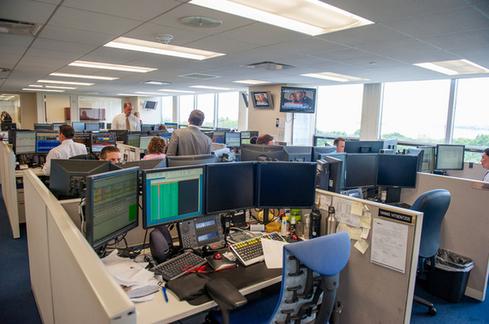09:12 AM
Straight From SIBOS: Reservations About Basel II Remain
Industry executives voiced their concerns that the proposed Basel II Accord, which dictates the amount of capital a firm must set aside to cover its operational-, market- and credit-risk exposure, might set an un-level playing field in the financial-services industry.
Executives fear that the accord might, for example, require a traditional asset manager to tie up a large amount of capital, while leaving its unregulated hedge-fund competitor free to leverage such capital to the benefit of its clients.
"Will there be a common playing ground?" asks Raj Singh, head of group-risk controlling, Allianz AG. "We don't want this to make our business non-competitive."
The bottom line, contend executives, is that the more resources they must tie up as a result of Basel II, the less they have at their disposal. "There are other corporate needs for capital than providing protection against operational risk," says Patrick Zurstrassen, senior adviser, Credit Agricole Investor Services. "Operational losses can be protected by other forms than capital." As examples, he sights proper corporate governance, depth of insurance, supervision and market discipline.
"The goal is to minimize capital requirements," says Charles Cock, head of multi-direct clearing and custody, BNP Paribas, "to minimize the operational-risk capital that we have to set aside."
And the amounts to be set aside are, apparently, not paltry to all. "The capital charges on the securities side seem to be pretty large," says Andrew Sheng, chairman, The Securities and Futures Commission of Hong Kong.
Allianz's Singh says that getting buy-in for Basel II in a global conglomerate like his is about communicating the importance of complying with the accord. "You have to be able to sell the idea of operational risk across the enterprise," he says. "Now, we are finally catching the interest of senior management at our operating entities."
Cock explains that Basel II is based on three "pillars": minimum-capital requirements, supervisory-review processes and market discipline. According to Basel II, loss "events" are divided into seven categories, which include internal and external fraud, employment practices, client and business practices, and damage to physical assets.
The deadline for adopting the Basel II credit requirements, which will be finalized in the autumn of 2003, is December 2006. It was first published in 2001.
"The deadline is December, 2006," says Zurstrassen, "but you need to start working and collecting data three to fours ahead of that ... which is tomorrow."




















